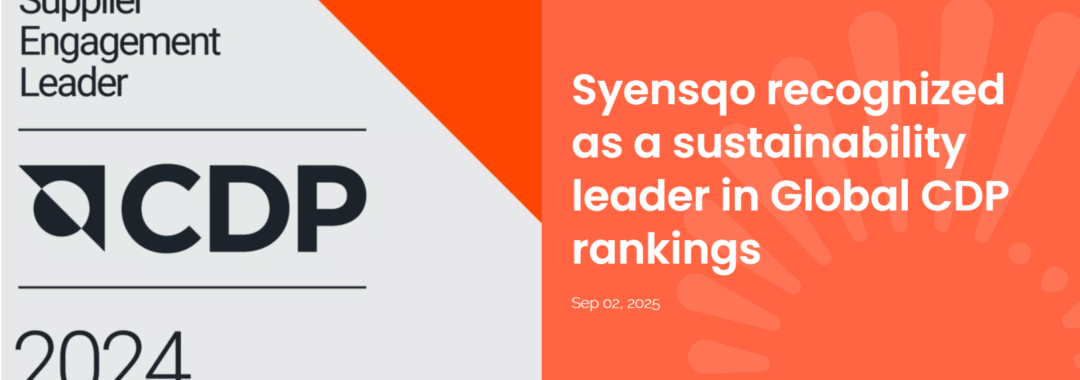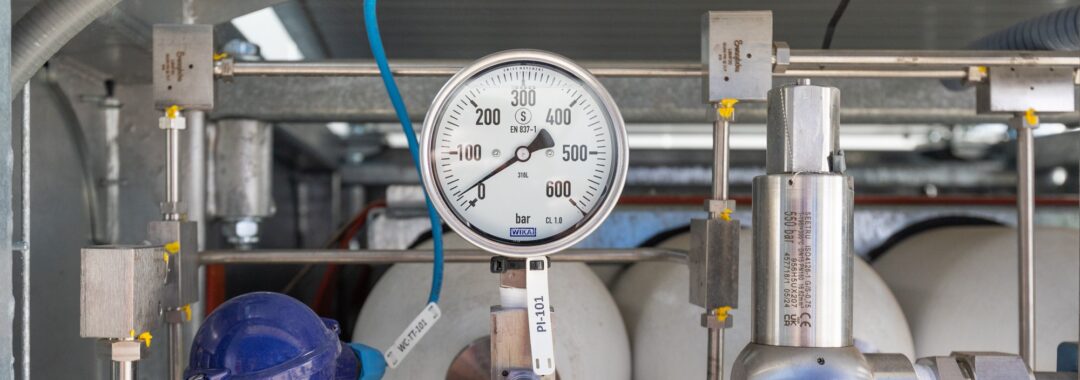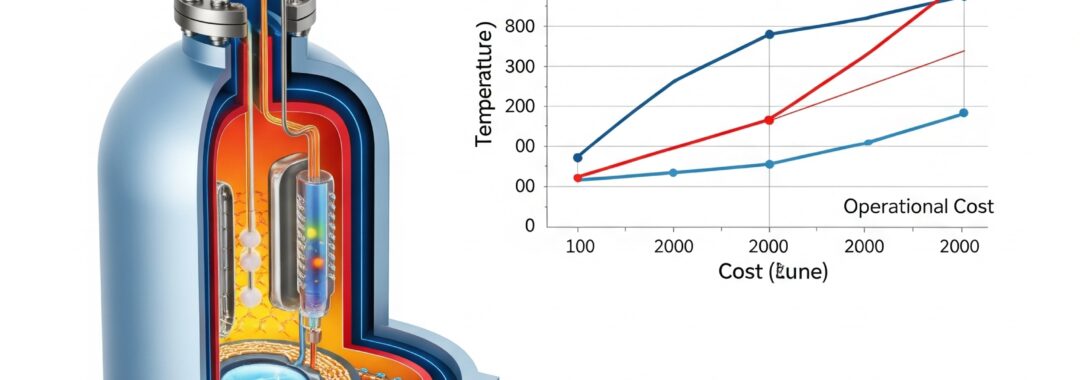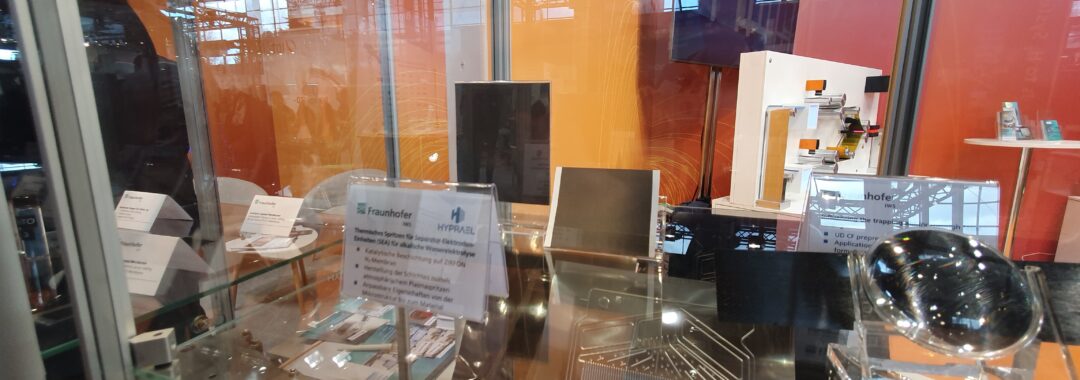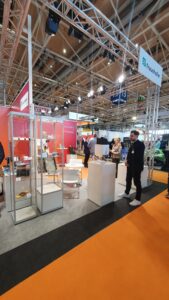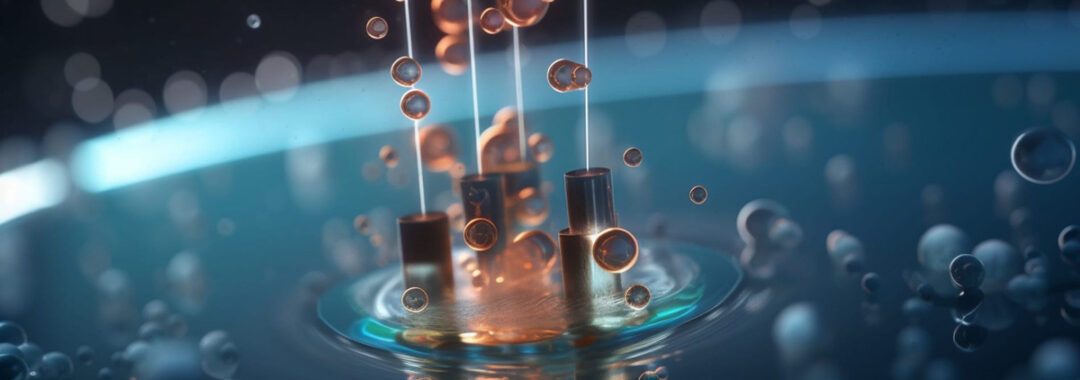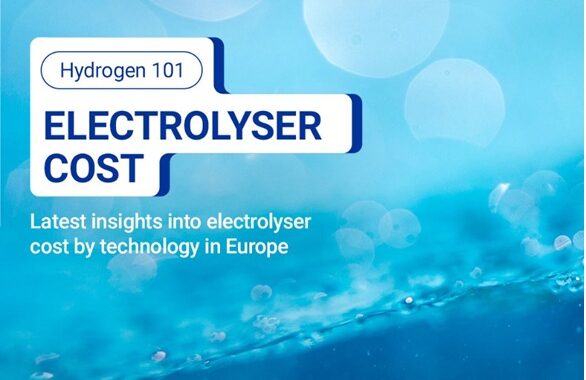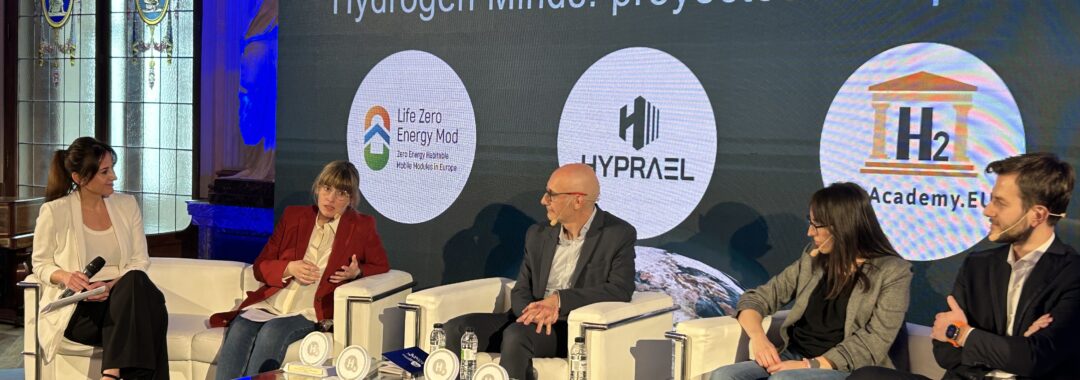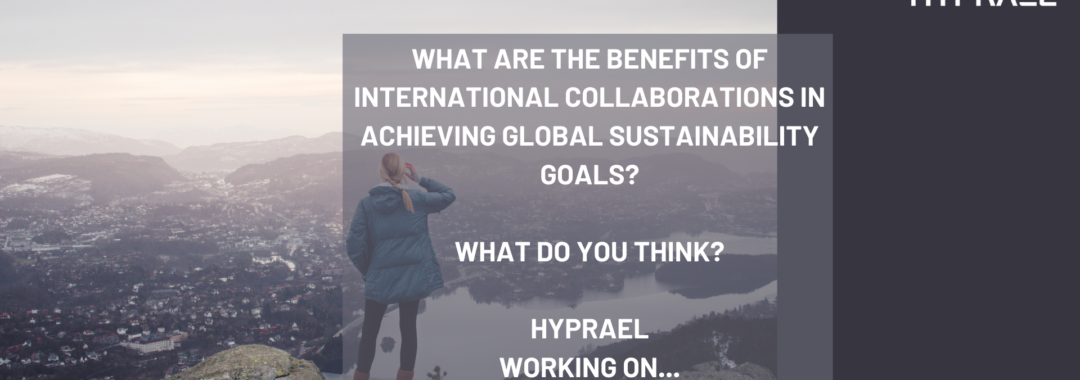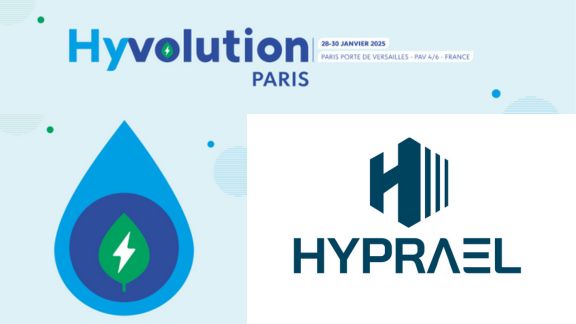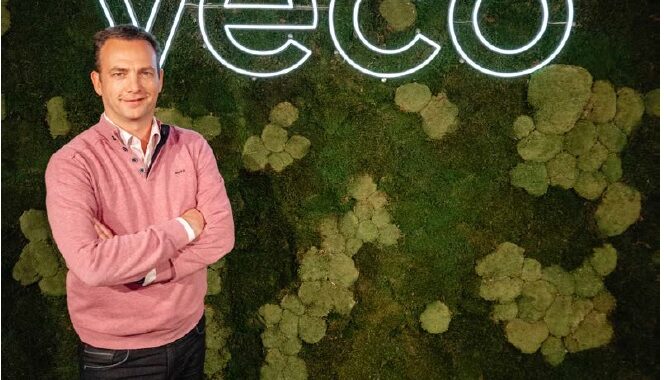The Belgian chemical giant achieves A- rating among global top 5%, reinforcing HYPRAEL’s commitment to sustainable innovation
Elite performance in first independent year
HYPRAEL project partner Syensqo has achieved remarkable sustainability leadership, securing an A- rating for Climate Change in Carbon Disclosure Project (CDP)‘s 2024 assessment—a distinction earned by fewer than 5% of companies globally. This green hydrogen industry achievement comes barely a year after Syensqo’s emergence as an independent entity, demonstrating the transformative sustainability leadership that makes projects like HYPRAEL successful.
Results that speak louder than promises
The sustainability metrics tell a compelling story for green hydrogen partnerships. Syensqo has delivered 50% of their 2030 greenhouse gas reduction targets ahead of schedule, with three out of four facilities now running on renewable electricity. Their comprehensive approach includes challenging scope 3 emissions, covering everything from raw materials to end-of-life treatment—exactly the holistic sustainability approach that HYPRAEL partner organizations require.
Supply chain leadership creates partnership value
Syensqo’s approach extends far beyond individual corporate sustainability goals. Their Supplier Climate Pledge covers 80% of emissions linked to raw material sourcing, creating supply chain advantages that HYPRAEL partners can leverage directly. This systematic approach to sustainability partnership creates competitive advantages across the entire green hydrogen value chain.
“Sustainability is central to our strategy, aligned with the needs of our customers and Syensqo’s long-term growth ambitions,” stated Titta Rosvall-Puplett, Chief Sustainability Officer at Syensqo. For HYPRAEL project development, partnering with organizations that have proven sustainability frameworks accelerates decarbonization objectives across industrial applications.
Beyond carbon: water stewardship excellence
The CDP recognition demonstrates multi-dimensional sustainability leadership. Syensqo earned an A rating for Supplier Engagement Assessment, landing on CDP’s exclusive “SEA A List,” while achieving a B rating for water stewardship. For green hydrogen projects often located in water-constrained regions, this operational excellence in resource management proves essential for project viability.
One planet roadmap: framework for industrial partnership
Syensqo’s “One Planet roadmap” provides the credible sustainability framework that serious industrial partnerships require. Targeting carbon neutral operations by 2040, with scope 1 and 2 emissions reduced by 42% by 2030 against a 2021 baseline, this roadmap aligns with Science Based Targets initiative validation.
The integrated water stewardship component reveals strategic thinking beyond carbon metrics. Syensqo’s commitment to reduce freshwater withdrawal by 20% by 2030 at water-scarce sites demonstrates the comprehensive sustainability approach that green hydrogen project partnerships demand.
Strategic implications for HYPRAEL
For HYPRAEL sustainability objectives, Syensqo’s CDP leadership status represents significant competitive advantages. Access to proven supply chains, operational expertise, and validated sustainability frameworks can accelerate the entire project timeline. When your chemical processing partner has already achieved 50% of their 2030 emissions challenge, your own decarbonization objectives become significantly more achievable.
Market timing and competitive advantage
This recognition comes at a crucial moment for green hydrogen industry partnerships. As sustainable hydrogen projects move from pilot to commercial scale, the difference between partners with demonstrated sustainability credentials and those still developing them could determine project viability.
Syensqo’s first-year CDP performance validates strategic partnership selections made during HYPRAEL project development. In an industry where sustainability claims often exceed delivery, partnering with demonstrated sustainability leaders creates competitive advantages that extend far beyond individual project boundaries.
